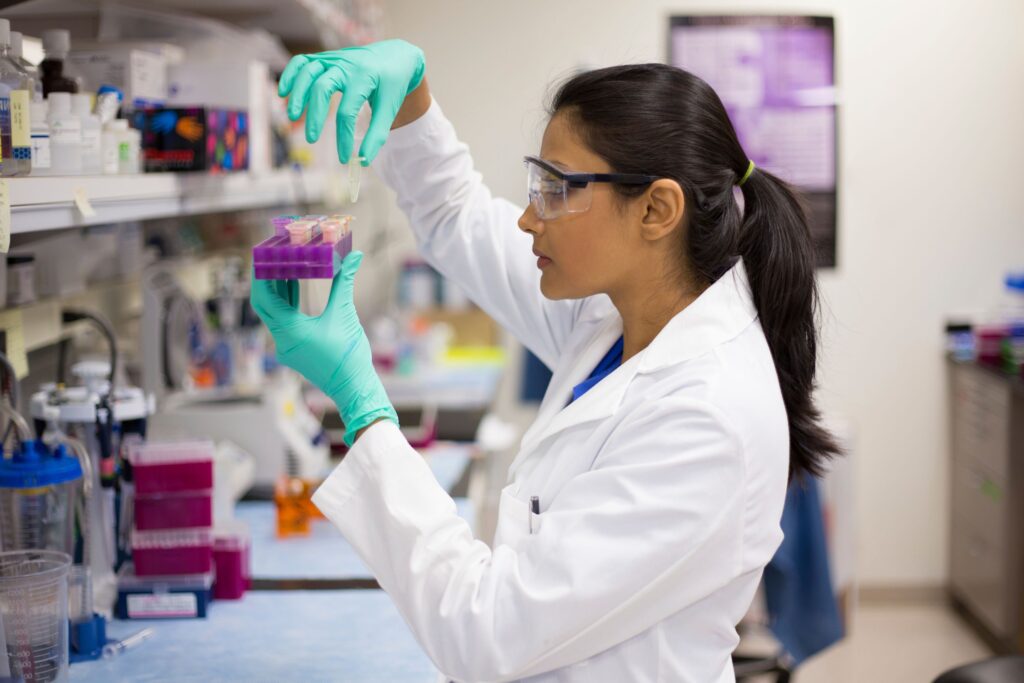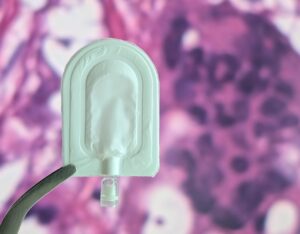August 19, 2020

A recent increase in type 1 diabetes (T1D) diagnoses in children under 18 in some hospitals in north-west London, UK, has triggered news stories that COVID-19 could cause the disease in children. But experts have stressed that the locally reported increase in diagnoses is not yet clearly linked to the pandemic.
In the new study, 30 children at five hospitals across north-west London presented with new-onset T1D during the peak of the pandemic, approximately double the number of cases typically seen in this period in previous years. Increased cases were clustered in two of the five hospitals.
21 children (70%) were tested for COVID-19, and only 14 (47%) had antibody tests to see whether they had previously been exposed to the virus. Five (17%) of the children with newly diagnosed T1D had evidence of past or current coronavirus infection.
No clear link between COVID-19 and T1D yet
Scientists have long suspected viral infections could play a role in triggering T1D – at least in some people. The authors of the study recommend a larger analysis to establish whether there is a definitive link between COVID-19 and new-onset T1D, and if so whether COVID-19 has any impact on the severity of the disease.
Prof Deborah Dunn-Walters, Chair of the British Society for Immunology taskforce on COVID-19 and Immunology, said in a responsive statement: “This paper reports an increase in the number of type 1 diabetes cases in children in part of London during the months of April and May compared with previous years. As not all children in the study were tested for COVID-19, the findings do not show that this increase was linked to the COVID-19 pandemic – in fact, it is currently unclear what was behind this rise in cases.”
Prof. Dunn-Walters said further: “Currently, there have been no comprehensive studies published linking COVID-19 to the development of any autoimmune disease, including type 1 diabetes. However, we are still in the early days of finding out about the longer-term effects of COVID-19 and follow-up studies in this area will be important.”
The findings from the UK study contrast with those of studies from other parts of the world that instead suggest delayed diagnoses of T1D during the pandemic due to fears about accessing healthcare. For example, a recent report from Italy indicated that pediatric diagnoses of T1D in children were decreased 23% during the peak of the pandemic compared with the same timeframe in 2019, with a greater proportion presenting with diabetic ketoacidosis (DKA). However, the Italian study did not rigorously address whether COVID-19 may have been a precipitating factor to T1D diagnosis.
Diane Wherrett, Professor and pediatric endocrinologist at The Hospital for Sick Children in Toronto, says: “This observation based on a very small number of cases suggests that diabetes researchers and care providers should examine larger national databases, particularly in countries with high rates of COVID-19, to determine if changes have been seen. Given that type 1 diabetes develops over many months to many years, it is very unlikely that COVID-19 triggered the process that causes type 1 diabetes.”
Each person with T1D is different. If you are concerned about your health status and have questions about your own situation, seek guidance from your healthcare team. You can also write to us at T1Dquestions@JDRF.ca or check out breakthrought1d.ca/coronavirus for more information.



